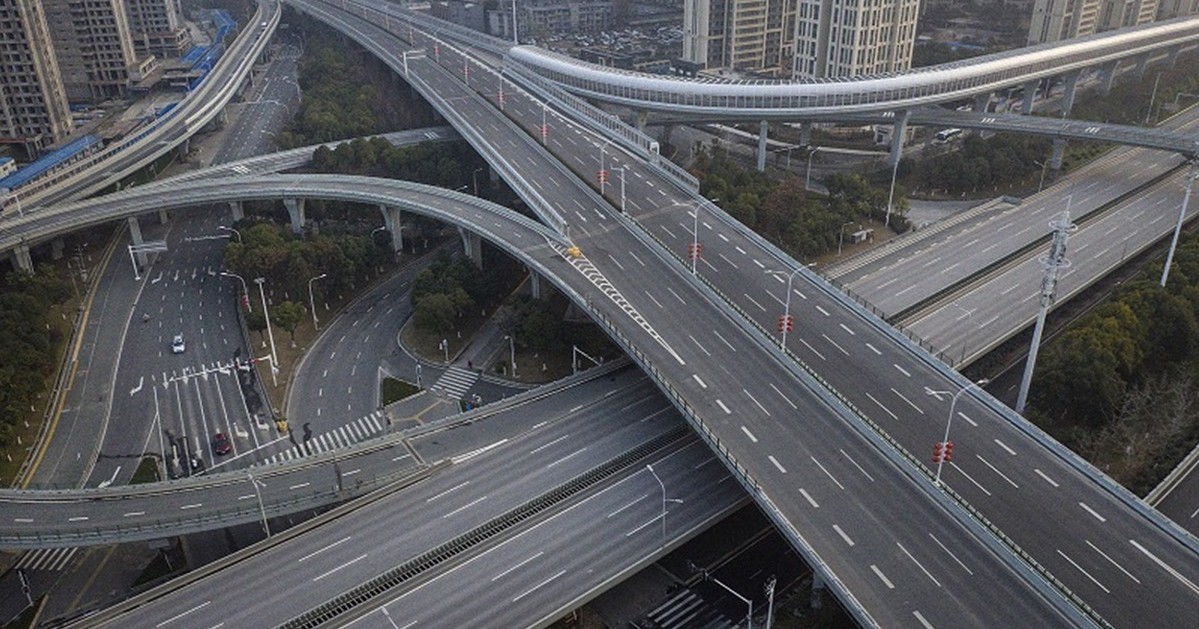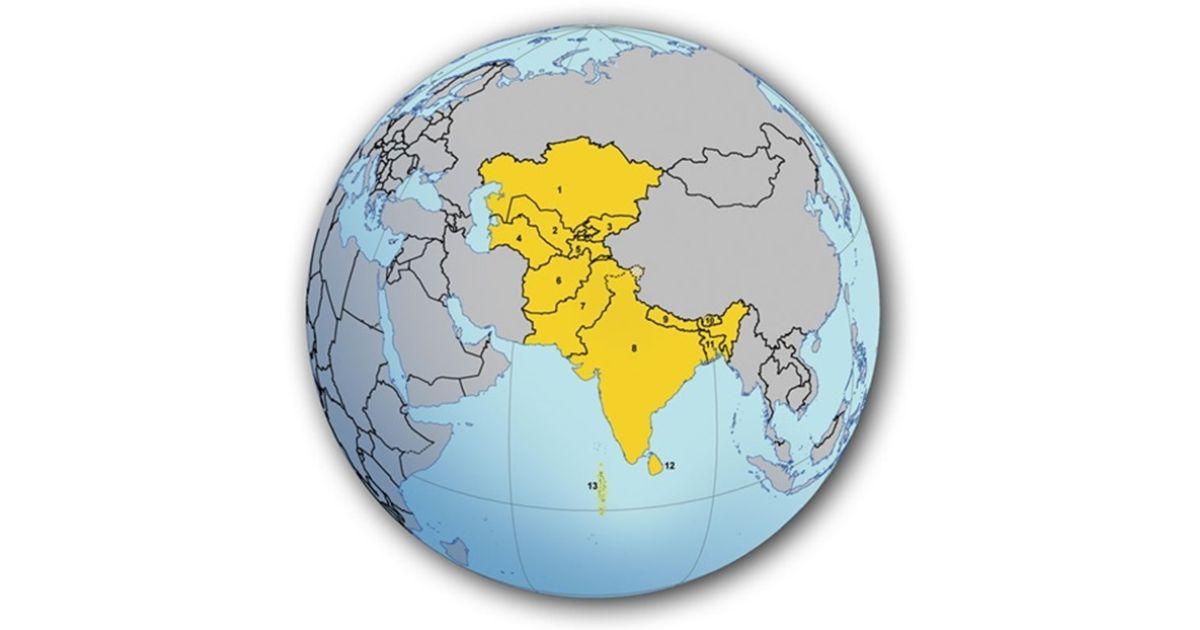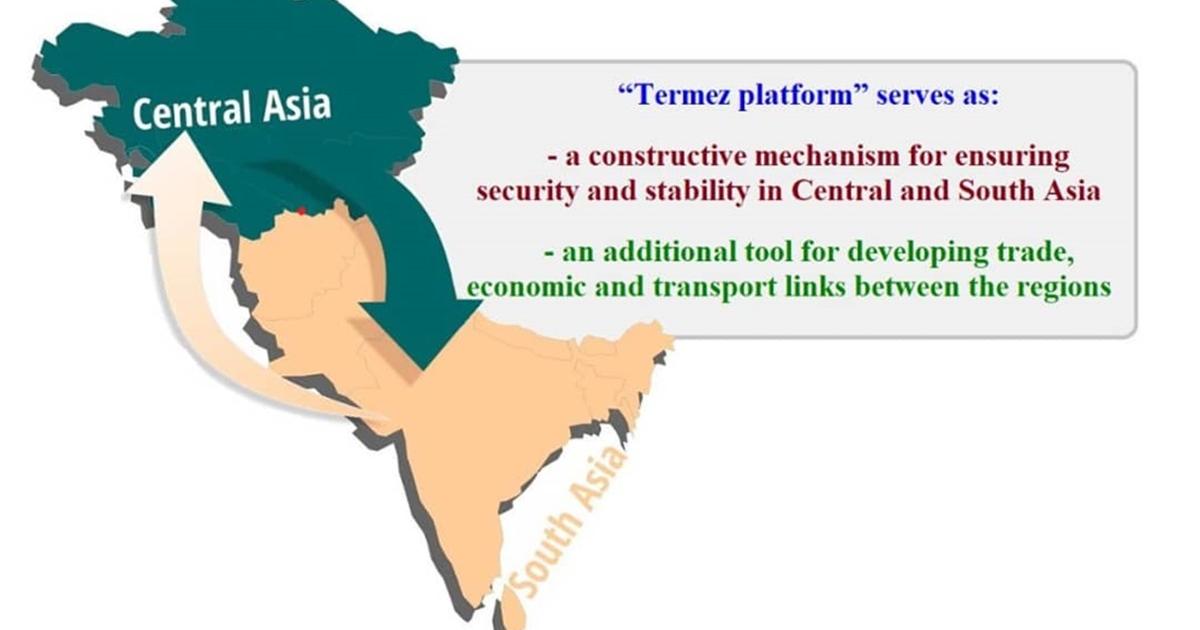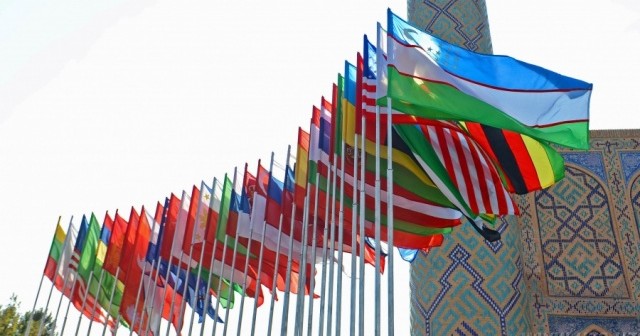
Since it has started in Wuhan, the capital city of Hubei province in China, the novel coronavirus pandemic caused devastation and hardship to almost every country around the world. Tens of thousands of people died, economic activities are shut down, social functions and mass gatherings are banned and religious rituals in the houses of worship have been suspended. But is this all that COVID-19 has for us?
Experts have been talking about several possible advantages of the current outbreak, and this excludes the conspiracy theory about the origins of the novel coronavirus whether it emerged at a wet market in Wuhan city in China or it was created in the lab to serve certain political agendas or to benefit giant pharmaceutical companies. Rather, the advantages they are referring to relate to changes that would improve the conditions of people’s daily life and the environment surrounding them, although the outcomes of those changes will perhaps be visible after the pandemic is contained.
Realising the Problem
This may seem vague and contradicting the fact that thousands of lives were lost over the past few months and many people have been struggling financially. Therefore, let us look at this situation from a different angle that may uncover the rationale of the other point of view. A recent study by Professor Marshall Burke at Stanford University found that China’s coronavirus lockdown for two months likely saved the lives of 4,000 kids under 5 and 73,000 adults over 70 in China. How so? by slashing air pollution from factories and vehicles. This is more than 20 times the number of China’s deaths caused by COVID-19.
A recent study showed that two months of pollution reduction likely has saved the lives of 77,000 people in China.
Also in China, previous studies showed that pollution-related diseases cause the death of nearly one million people who die in China every year. Over ten years ago, a study by a civil and environmental engineer, Mark Jacobson, proved a direct link between rising levels of carbon dioxide (CO2) in the atmosphere and increased human mortality. In 2015, a team of 40 scientists reported that in that one year alone, at least nine million deaths, or 16 per cent of the global total, were pollution-related. The number was more than four times that attributed to Aids, tuberculosis and malaria combined.
In addition to the pollution, scientists have been sending alarming messages of the increased temperature on our planet, which is termed global warming or climate change. While several activities worsened global warming, all of which are human-caused and the observed changes since the mid-20th century have been unprecedented in rate and scale. Among these activities are the excessive deforestation burning of fossil fuels. Until recently, some scientists have not been convinced about the dangers of global warming, quoting some benefits to it.
Climate Change: Effects & Solutions
The World Health Organisation (WHO) acknowledged that global warming may bring some localised benefits, such as fewer winter deaths in temperate climates and increased food production in certain areas, but it stressed that the overall health effects of a changing climate are overwhelmingly negative. Climate change affects many of the social and environmental determinants of health, clean air, safe drinking water, sufficient food and secure shelter.
According to the WHO, the negative impacts of climate change on human health include speeding the spread of infectious diseases, increasing the frequency and severity of heatwaves, floods and other weather-related disasters and creating conditions that lead to potentially fatal malnutrition.
The WHO identified that some of the ways global warming negatively affects human health, especially in developing nations, include: speeding the spread of infectious diseases such as malaria and dengue fever; creating conditions that lead to potentially fatal malnutrition and diarrhea; and increasing the frequency and severity of heatwaves, floods and other weather-related disasters. Therefore, efforts have exerted internationally to reduce the activities that cause climate change to worsen.
%20and%20during%20coronavirus%20lockdown%20in%202020%20(below).jpg)
At a summit in Paris in December 2015, 196 nations, including the US, agreed to limit global warming to 1.5C above pre-industrial levels in order to prevent the worst effects of climate change. The agreement, the first to demand all countries slash emissions, will require major emissions reductions. A paper by Duke University calculates that to help achieve the Paris agreement goal, the US will need to reduce its emissions by 40% by 2030, compared with 2005 levels. This is a jump from the 26-28% reduction the US has promised to undertake by 2025. Unfortunately, instead of fulfilling the US commitment, the current president decided to withdraw from the agreement in 2017.
Rearranging Priorities
Given sufficient data about most industrialised economies during the lockdown period, researchers were able to measure the improvements achieved in the quality of air in different parts of the world. There is no doubt that the spread of COVID-19 is not a pleasant thing to experience, but considering all the above scientific warnings of the tragic outcomes resulting from current practices, it seems that global leaders should learn a good lesson from this pandemic. They need to rearrange their priorities and focus on things that really matter.
For example, instead of spending billions of dollars on developing new weapons and financing wars, countries should invest in improving healthcare and education systems to prepare for future emergencies. It does not go unnoticed that some of the so-called most developed countries have failed to respond to the COVID-19 crisis effectively. This includes the response by the official authorities and also irresponsible behaviours by the people living in these countries, who did not take safety instructions seriously.
If the responses by these developed countries were to be compared with the responses by governments and people in many developing and under-developed societies, whose systems are less equipped, it may be clear that the latter’s responses seem more responsible. Obviously, in many western countries, people could not imagine that something of this nature can hit them so badly. So, it is time for them to look at things differently.
Merely COVID-19 in itself has no benefits to offer. But through its tragic effects people can see that certain things have been done wrongly and that there is a need for rearrangement of priorities.
On an individual level, the lockdown forced most people to stay at home and be with their families. Parents who are usually busy at work now have enough time to spend with their kids. The pandemic offers a great opportunity to strengthen family bonds. People need to rethink how they used to prioritise their relationships and put important things first before it is too late. Many people could not get a chance to say goodbye to their loved ones who were infected by the virus and passed away in isolation.
Professor Burke explained on an online blog that his calculations that 77,000 lives have likely been saved by China’s lockdown is a prediction of mortality impacts, not a measurement. He said: “It is perhaps a useful reminder of the often-hidden health consequences of the status quo,” and added that “the substantial costs that our current way of doing things exacts on our health and livelihoods. More broadly, the fact that disruption of this magnitude could actually lead to some large (partial) benefits suggests that our normal way of doing things might need disrupting.”
However, the head of the UN Environment Programme (UNEP), Inger Andersen, cautioned against viewing the temporary reduction of greenhouse gas emissions as a boon for the environment. Instead, she called for a profound, systemic shift to a more sustainable economy that works for both people and the planet.
- Business News 100
- Country News 16
- Feature News 30
- International News 151
- Interview News 35
- National News 18































